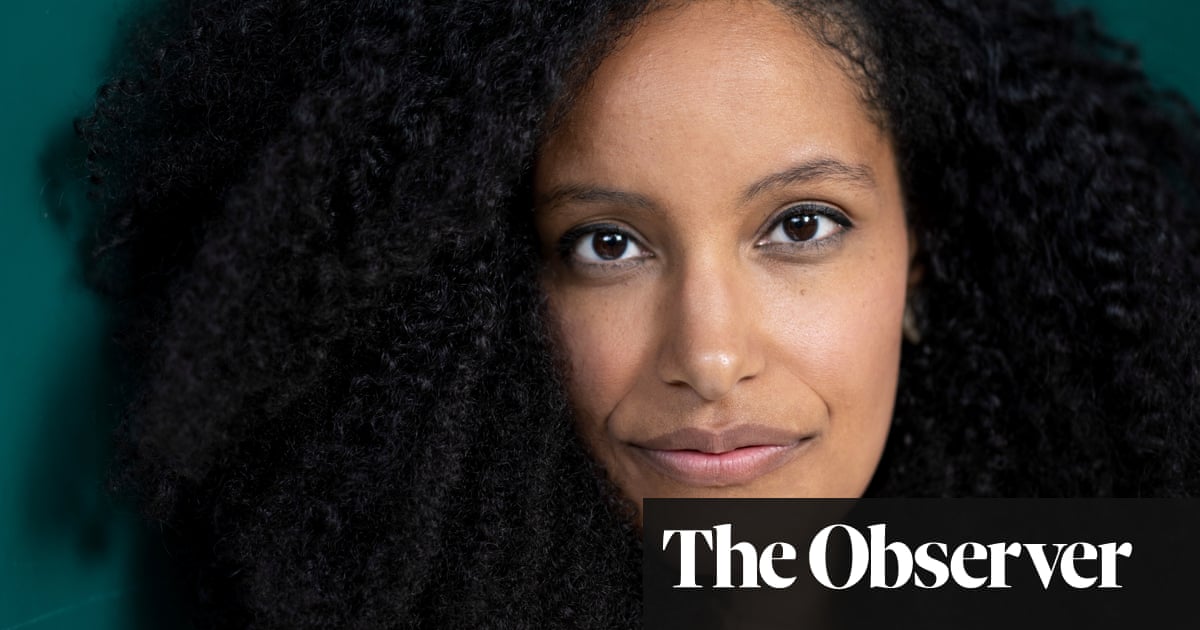He is the man behind 3bn streams, a string of chart-topping artists – and Wetherspoon’s newest brand of tequila.
Ask Michael Adex how he has achieved all this by the age of 28 and he gives some credit to his “immovable” will to make things happen.
But the Manchester-raised entertainment mogul, who first tasted success as the talent manager behind rapper Aitch before founding a talent agency, record label and global music publishing business, is acutely aware that no matter how powerful the vision, or how good the idea, fledgling companies need cash to survive.
The UK aims to be a leader in “deep tech”, the field of innovation that includes advanced technologies such as artificial intelligence, quantum computing and blockchain. But the pathway from bright idea to commercial success can be a fraught one, especially for black entrepreneurs.
Research from Digital Catapult, which works with government, industry and academia to grow businesses through the use of deep tech, has found just 0.2% of overall investment in the UK goes to black-founded companies.
Adex, who last year was named one of Forbes’ magazine’s “30 under 30”, is out to change that, acting as ambassador for Digital Catapult’s Black Founders programme, which is supporting 10 businesses on their commercial journey. Companies previously selected have gone into partnership with large corporates and attracted interest from angel investors.
It caps a busy year of deal-making for Adex. Wetherspoon’s is stocking MODA, the tequila brand he founded, in more than 800 pubs, while Sypz, the bottled water brand Adex co-founded with Aitch, has been picked up by Iceland. Adex has also taken his entertainment agency, NQ, into partnership with Columbia Records UK, in a deal aimed at giving the label access to the hottest emerging music stars in the north of England.
“Even with ambition … if you want to get to certain levels, as I have done independently, you need resources to be able to grow,” Adex says. “That’s why programmes like [Black Founders] are so important – to give people the understanding of how to go about raising money and being able to articulate their vision.”
The potential for deep tech to further the UK’s success in the creative industries can be seen in the startups Digital Capital has selected for the Black Founders programme.
Each of the companies applies immersive technologies to fields including music production, gaming, storytelling and education.
They include TwoShot, which uses voice detection technology to tackle copyright issues related to AI-generated music; Mismatch Studios, which creates digital clothing for virtual worlds, giving designers a sustainable way of prototyping designs; and Immersely, which uses biometrics and AI to create “hyper-personalised” games.
Adex’s own journey to success in the music industry – NQ’s producers have worked with artists such as Central Cee, ArrDee, Tion Wayne, Bryson Tiller, Mist, Blanco and Anne-Marie – began when he was at school.
“It was natural,” he says. “I had quite a lot of contacts and friends, I had family in London, every summer I would go and make connections. And from there I started making relationships and hanging out with artists.
“Having loads of talent around me in Manchester, it made me want to put them on –because I was going to London and seeing so many opportunities and seeing, in Manchester, a lack of that.”
“It’s important to show what things black entrepreneurs can get involved in,” Adex adds. “I never want anyone to feel as if they should limit themselves,” he says, on the importance of Black Founders.
“I have always been strong-willed, I never looked at any barriers, thinking I couldn’t do something because of where I’m from, my background, or what I look like. But again, looking at it now, six or seven years down the line, and seeing what I have achieved, I almost look at it now with more disbelief.”
Speaking of the Black Founders programme, Jessica Rushworth, the chief policy and strategy officer at Digital Catapult, said “breaking down barriers to successful scaling for underrepresented entrepreneurs” was “at the heart of it”, adding: “The new cohort’s innovative new solutions will undoubtedly unlock new opportunities to grow the UK’s creative economy.”

.png) 3 months ago
32
3 months ago
32













































